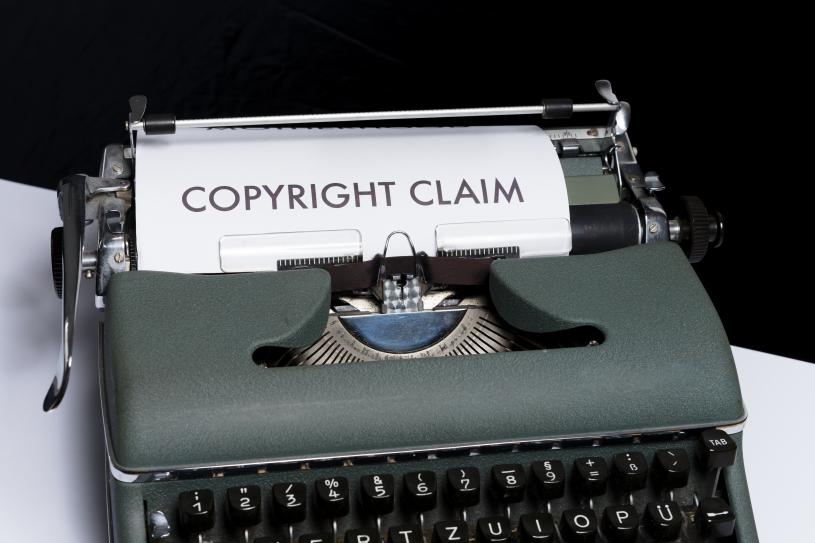Copyright Claims Board established to offer small claims alternative to filing federal lawsuit for copyright infringement
MIT community members who receive a CCB notice should not ignore it and should immediately notify the Office of the General Counsel

In 2020, Congress passed the Copyright Alternative in Small-Claims Enforcement (CASE) Act, creating a tribunal within the U.S. Copyright Office that allows copyright owners to seek damages of up to $30,000 for copyright infringement through a streamlined process that serves as an alternative to filing a lawsuit in federal court. The tribunal, known as the Copyright Claims Board (CCB), began accepting cases in June 2022.
The CCB offers a number of features that make it an attractive option for copyright owners who wish to pursue smaller claims, while also offering a number of protections for those who are accused of infringement.
The CCB is meant to be accessible to anyone, with or without an attorney, with proceedings designed to be clearly understood by those without legal training. CCB proceedings involve far less money and time than federal court lawsuits. Participants in CCB proceedings are only required to provide limited basic documents and information, as opposed to the more complicated and costly process of exchanging evidence in federal lawsuits. CCB proceedings do not involve formal motions like those used in federal court, and any hearings are held remotely through video conferences.
The CCB has limitations that mean it will not be available for all types of copyright claims. Most notably, the CCB in effect works as a small claims court, with a copyright owner unable to bring a claim seeking more than $30,000 in damages (in comparison, in federal court potential damages claims are not capped, and statutory damages can reach as much as $150,000 for each work if the infringement was knowing or deliberate). In addition, there is a limit on the number of CCB claims a copyright owner can bring in a year, and the other party can recover costs and attorneys’ fees if a claim is brought in bad faith. Finally, once a claim has been decided by the CCB, the parties will not be able to file the same claims against each other in federal court.
CCB cases are heard by a panel of three Copyright Claims Officers with deep expertise in copyright law.
Importantly, participation in the CCB is completely voluntary. A copyright owner who wishes to assert a claim (the claimant) has the choice to file before the CCB (assuming their claim is below $30,000), or they can choose to file a lawsuit in federal court. At the same time, the person accused of infringement (the respondent) has the opportunity, within 60 days of receiving an initial notice of a CCB claim, to opt out of the CCB process on a case-by-case basis. It is then up to the claimant to decide whether to pursue a claim in federal court, which may not be a viable alternative for smaller claims.
The CCB also allows libraries and archives to proactively opt out of all CCB proceedings before anyone files a claim against them. The CCB contains a list of libraries and archives that have opted out. The MIT Libraries have chosen to opt out of the CCB process.
MIT community members regularly use copyrighted works in the course of teaching, learning, and research, and in most cases those uses are permissible under copyright law (e.g., because the user obtained permission, or the use is permitted under copyright fair use). Still, it is possible that a copyright owner will claim that one of these uses was an infringement and file a claim with the CCB. The filing of a claim does not mean that the use was infringing, and the respondent has a right to defend against the accusation.
Because there are time limits for responding, including choosing to opt out of the CCB process, it is important not to ignore a notice from the CCB. If you do receive a notice, please contact the Office of the General Counsel immediately by sending an email to mitogc@mit.edu and an OGC lawyer will get back to you to discuss options for responding, including whether to opt out. In addition, OGC lawyers are available for consultations about other copyright issues, including whether use of a particular copyrighted work is permissible. Copyright-related questions can also be sent to copyright@mit.edu.




